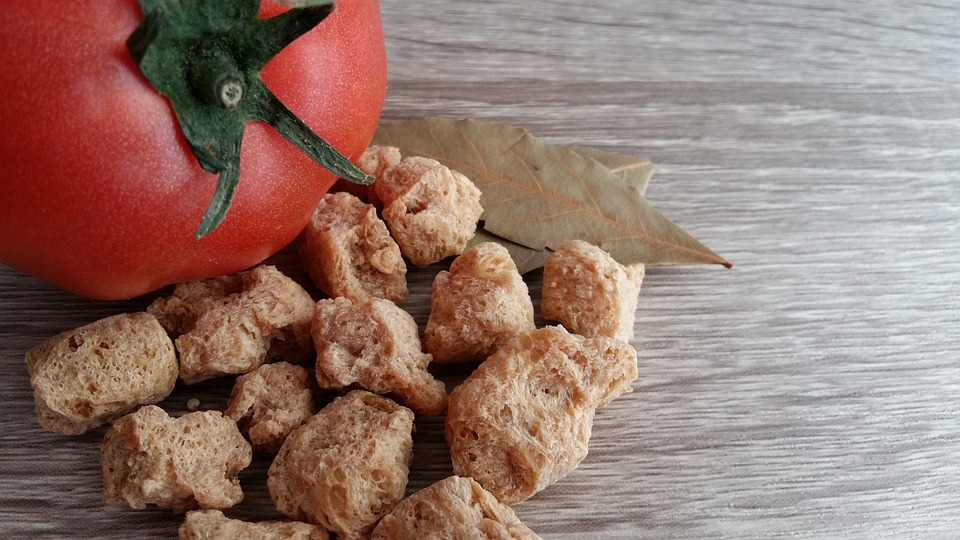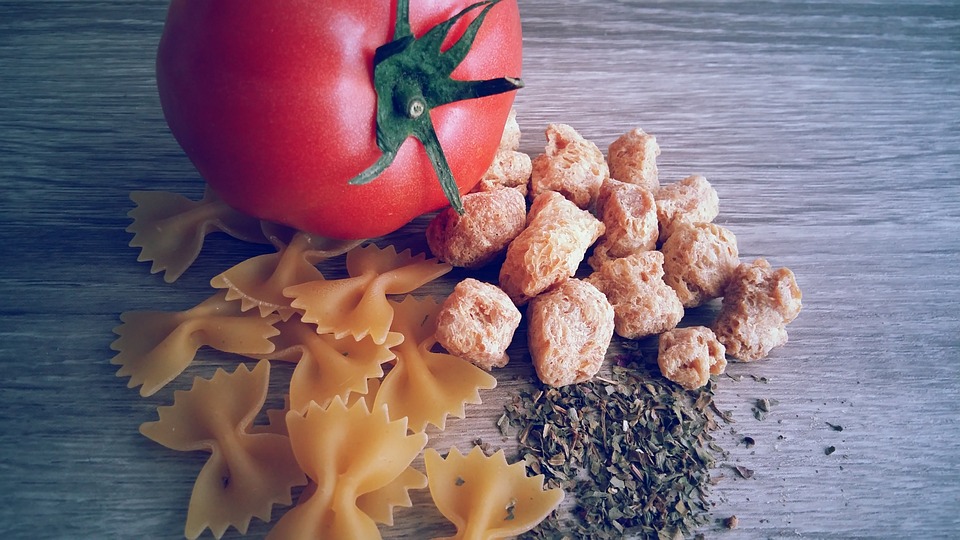
Soy milk may be linked to infant death
Although the autopsy is inconclusive and tests on the food are not yet complete, a porridge made with soy milk and cornmeal from EdenSoy Extra may be responsible for the deaths of two infant siblings living in Brooklyn.
When their mother tried to wake them up, shortly after noon, she found them unconscious and took them to the hospital. They were declared dead upon arrival.
Initial thoughts were that the twins had been overcome by a gas leak, but tests showed no leaks.
Since the medical examiners also found no evidence of choking as a result of eating, or any signs of foul play, the police instead began to focus on what the children had eaten. Police cleaned two nearby supermarkets of EdenSoy milk and cornmeal for testing.
New York Times October 21, 2005 Registration required NYNewsDay.com October 22, 2005
Dr. Mercola’s comment: If you’ve ever wondered why I’m so concerned about the health risks associated with the pervasive use of soy products – especially in processed foods – this type of incident is exactly why. From my point of view, there is no justification for the use of soy milk or worse, soy milk in infants.
This isn’t the first time soy milk has been investigated for toxic side effects. Separate incidents in California and Arkansas prompted the Food and Drug Administration to issue a 1990 warning against the use of soy milk as a formula substitute. Most brands followed the FDA’s stricter guidelines, with the exception of EdenSoy, says Dr. Kaayla T. Daniel, author of The Whole Soy Story: The Dark Side of America’s Favorite Health Food.
In fact, the deaths of three children prompted the Israeli Ministry of Health to issue a health advisory earlier this year, recommending that children not be fed soy milk – except as a last resort – and to severely limit children’s intake of soy products.
Without a doubt, the best food you can give your baby is breast milk, and this should be your primary choice if at all possible, because it is the healthiest source of milk that you can give your baby. I strongly believe that all soy formulas should be avoided and are unfit for human consumption.
If breastfeeding isn’t an option, the best article I’ve read on the subject is one in a recent edition of Weston Price ogranization. I’m on the board and was able to get the reprint rights to their article on healthy alternatives to breast milk and commercial milk from Sally Fallon to run in our newsletter. I would strongly encourage you to review this multi-part series in this issue if you are unable to breastfeed.
When making the substitute for breast milk described in the article, it is best to use raw milk as a base (other ingredients to add are described in the article). The best way to get it is to find a local dairy farmer in your area through your local health food store or the Real Milk website. Raw milk is a safer and healthier alternative to pasteurized milk.

